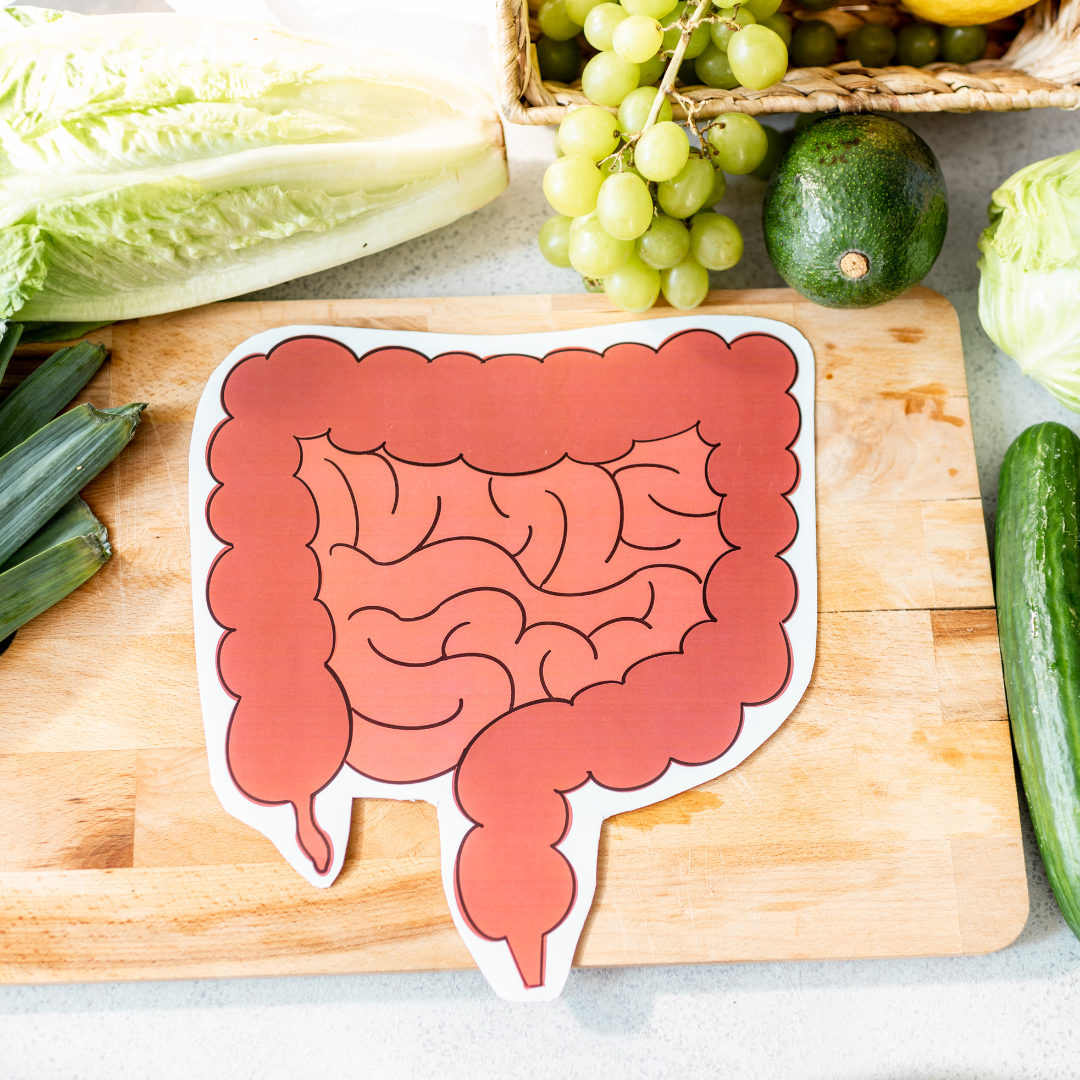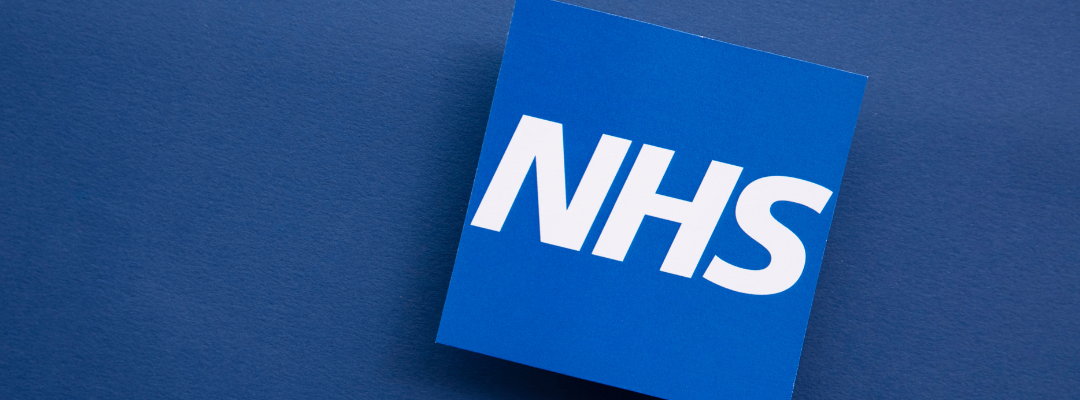
10 Tips to Support Your Gut Microbiome and Gut Health
On the face of it, you might think that the gut’s only function is to allow digested food to travel through it. Look closer however, and you’ll discover the gut is home to 40 trillion bacteria, all working to look after you and your body. These bacteria, alongside yeasts and viruses, form the gut microbiome.
Everyone’s gut microbiome is unique, from different strains and species to the physical number of each microbe. The gut microbiome is also very sensitive to environmental factors, including diet, stress and medication.
Gut bacteria play many roles supporting digestive health. They help break down and digest food, support nutrient absorption and fight off bad bacteria. In order to carry out these important functions, the gut needs the right balance of good bacteria. It can become imbalanced if levels of good bacteria diminish and bad bacteria take over, causing a number of digestive symptoms to occur.
Take a look at our ten tips to support gut microbiome and gut health.
1.Stay hydrated
Many of us know drinking plenty of fluid is important to avoid the symptoms of dehydration, such as headaches or lightheadedness. However, staying hydrated is just as important for supporting good gut health. Water helps break down food you eat, remove waste from the gut more efficiently and aids nutrient absorption. Drinking plenty of fluid also helps prevent constipation.
2.De-stress
Day-to-day life can be stressful, which can wreak havoc on the gut. The gut and brain are closely connected by the gut-brain axis, which is responsible for allowing two-way communication between them. Stress can adversely impact the gut by either speeding up or slowing down how quickly digested food moves through it.
Stress management can play a crucial role in helping manage digestive symptoms. Exercise, yoga, meditation, or even a hobby, can help.
3.Limit alcohol and caffeine
While many of us are partial to the occasional glass of wine, alcohol can irritate the gut, which can lead to loose stools and diarrhoea in some people. Alcohol is also thought to alter the balance of bacteria in the gut microbiome which can lead to troublesome digestive symptoms.
Caffeine can also be an adverse digestive trigger. For some people, caffeine can increase stress hormones, causing anxiety-related gut symptoms, due to the gut-brain axis. It’s also not uncommon to hear that coffee can trigger bowel movements shortly after drinking it. This is because coffee stimulates gut muscles to contract, speeding up movement throughout the gut.
4.Limit sugar
Consuming high amounts of sugar can encourage bad bacteria to grow. This is because bad bacteria use sugar for food. By limiting the amount of sugar in your diet, their food source is limited, allowing good bacteria a greater chance to flourish.

5.Include fermented foods
Fermented foods are those that have had microbes added to them, in order for fermentation to take place, which alters the chemical structure of foods. Foods such as live yoghurt, kefir, sauerkraut (pictured below) and kimchi contain naturally occurring bacteria, and can be gut friendly foods.
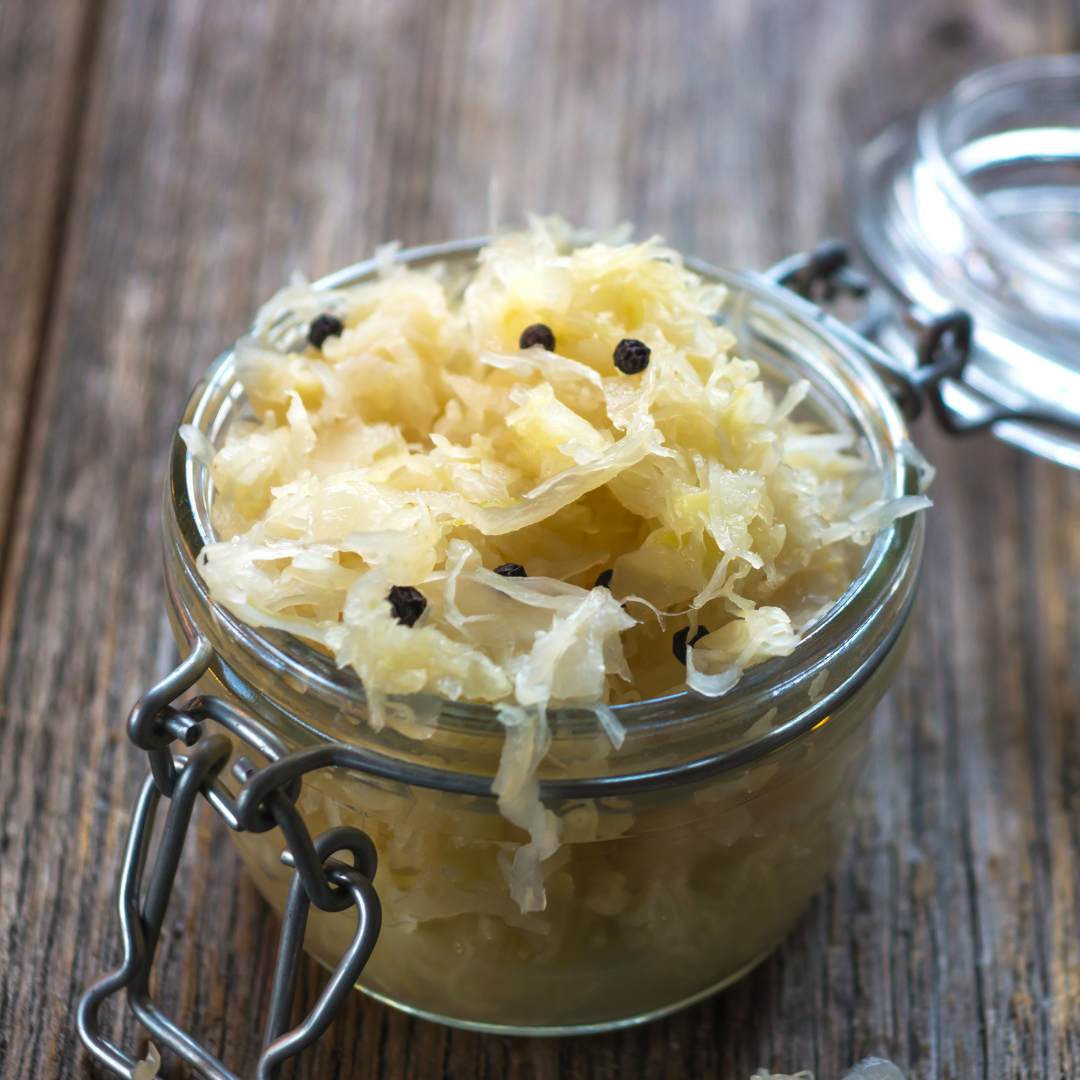
6.Try a probiotic
If you’re not keen on fermented foods, a probiotic supplement can help improve levels of good gut bacteria. There are many probiotic supplements available, and it can be overwhelming knowing which one to choose. Always look for a probiotic which is research-backed. Probiotic company Optibac are just one of the evidence-based probiotic supplements available. They have a wide range of award-winning probiotic supplements designed to suit a variety of needs.
For more information on Optibac prebiotics, including usage, suitability and storage, take a look at their frequently asked questions.
7.Limit processed foods
Processed foods are often high in fat, sugar and salt and low in fibre, offering fewer nutritional benefits for the gut than whole foods. Excessive consumption of processed foods can also enable bad bacteria to multiply.
8.Exercise regularly
Most of us know exercise is good for our health, and this includes gut health too. Regular exercise has been linked with greater microbial diversity. The greater diversity your gut microbiome has, the more health benefits your gut can offer. Additionally, those suffering from constipation may find relief from participating in regular exercise.
9.Eat more fibre
Fibre is gut bacteria’s best friend. One type of fibre, known as prebiotics, are the primary food source for good gut bacteria, helping them to thrive and grow in the gut. Prebiotics can be found in foods such as onions, bananas, broccoli, kale and beans.
It’s not just prebiotics that offer gut benefits. Insoluble fibre, found in wholegrain carbohydrates and vegetable peels, help to bulk out stools, making them easier to pass. This can help prevent constipation. In the UK adults are recommended to eat 30g of fibre each day, though many of us eat considerably less.
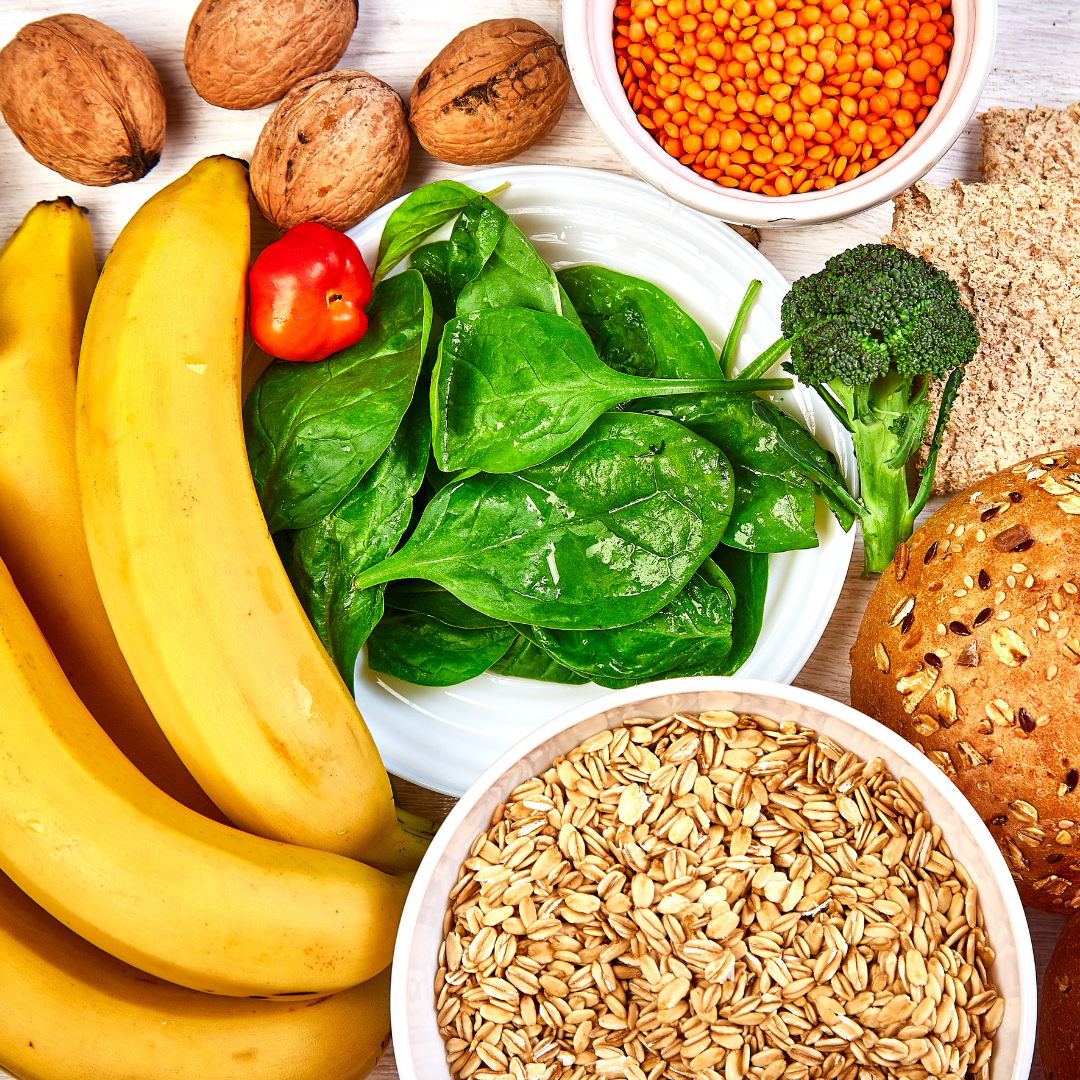
10.Chew food well
Chewing is the first step in digestion, though with everyday distractions such as mobile phones, it’s easy to race through a meal without giving a second thought to how well you’ve chewed your food before swallowing. Slowing down and chewing your food well, before moving onto the next bite, allows gut bacteria better access to nutrients from your food.
In summary
The gut microbiome is important to help maintain good gut health and there are many ways you can support this. From having a healthy, balanced diet to regularly exercising or taking a probiotic supplement, your body and gut will thank you.
This blog has been written in collaboration with Optibac Probiotics, a UK based business which specialises entirely in live cultures. Optibac pride themselves in strains that have been scientifically researched and clinically trialled. Their expertise allows them to select specific strains based on scientific research, giving their customers a natural product that’s right for them. Each strain undergoes rigorous testing to ensure it is stable at room temperature, survives stomach acidity, reaches the gut alive, and adheres to the gut wall lining. Optibac Probiotics have formulas suitable for every life stage, including menopause. With 15 different supplements in the range, all free from additives, preservatives and colourings, and products that are suitable for vegetarians or vegans also.
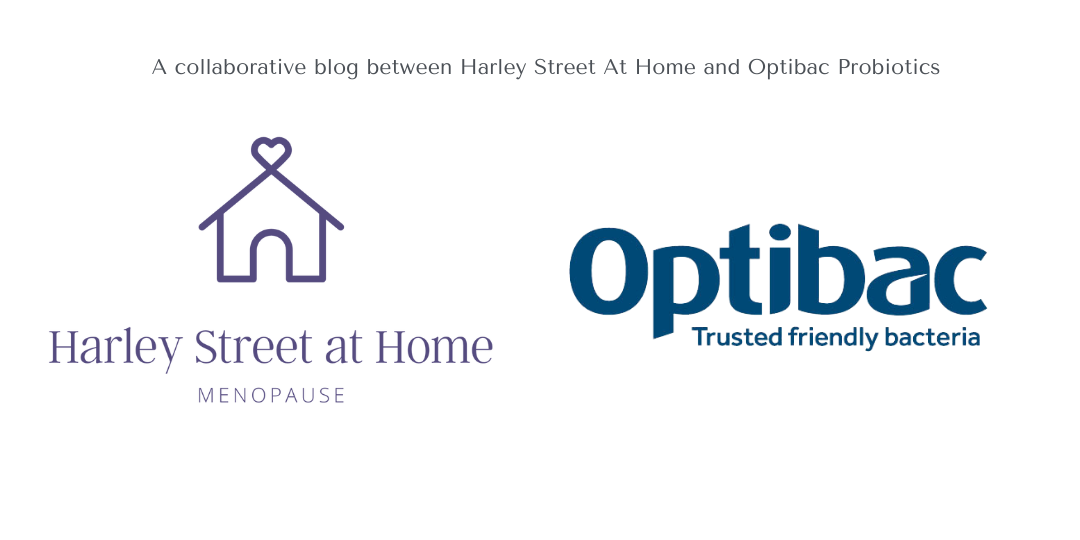
References
- Lambert, R. (2021) The Science of Nutrition: Debunk the diet myths and learn how to eat well for health and happiness. London: Dorling Kindersley.
- ZOE (No Date) Is coffee good for your gut? Available at: https://joinzoe.com/post/coffee-gut-health
- Dimidi, E. et al., (2019) 'Fermented Foods: Definitions and Characteristics, Impact on the Gut Microbiota and Effects on Gastrointestinal Health and Disease', Nutrients, 11(8). Available at: https://doi.org/10.3390/nu11081806
- Probiotics Learning Lab (2021) Best Probiotics for Gut Health. Available at: https://www.optibacprobiotics.com/uk/learning-lab/in-depth/gut-health/gut-health-probiotics
- C. Casen, H. C. Vebø, M. Sekelja, F. T. Hegge, M. K. Karlsson, E. Ciemniejewska, S. Dzankovic, C. Frøyland,R. Nestestog, L. Engstrand, P. Munkholm,O.H.Nielsen, G.Rogler, M.Simre L.€Oh. (2015). Deviations in human gut microbiota: a novel diagnostic test for determining dysbiosis in patients with IBS or IBD. Alimentary Pharmacology and Therapeutics. 42 (1), 71-83
- Harry Sokol, Valentin Leducq, Hugues Aschard, Hang-Phuong Pham, Sarah Jegou,Cecilia Landman, David Cohen, Giuseppina Liguori, Anne Bourrier ,Isabelle Nion-Larmurier (2016). Fungal microbiota dysbiosis in IBD. Gut. 66 (6), 1-10.
- William Zhao BS, Hsi-en Ho MD, Supinda Bunyavanich. (2019). The gut microbiome in food allergy. Elsevier logo Journals & Books Annals of Allergy, Asthma & Immunology. 122 (3), 276-282.
- Vaahtovuo J, Munukka E, Korkeamäki M, Luukkainen R, Toivanen P (2008). Fecal Microbiota in Early Rheumatoid Arthritis. The Journal of Rheumatology. 35 (8), 1500-1505.
- Linsheng Huang, Renyuan Gao Ning YuYefei, Zhu Yangfeng Ding. (2019). Dysbiosis of gut microbiota was closely associated with psoriasis. Science China Life Sciences. 62 (6), 807–815.
- G Vighi, F Marcucci, L Sensi, G Di Cara, and F Frati. (2008). Allergy and the gastrointestinal system. Clinical & Experimental Immunology. 153 (3), 3–6
- Steven E. Faber. (2003). Comparison of probiotics with antibiotics to probiotics alone in treatment of diarrhea predominant IBS (D-IBS), alternating (A-IBS) and constipation (C-IBS) patients. Gastroenterology. 124 (4), A687–A688.
- Malkanthi Evans, Ryan P. Salewski, Mary C. Christman, Stephanie-Anne Girard and Thomas A. Tompkins . (2016). Effectiveness of Lactobacillus helveticus and Lactobacillus rhamnosus for the management of antibiotic-associated diarrhoea in healthy adults: a randomised, double-blind, placebo-controlled trial. British Journal of Nutrition. 116 (1), 94-103.
- Messaoudi M, Lalonde R, Violle N, et al. Assessment of psychotropic-like properties of a probiotic formulation (Lactobacillus helveticus R0052 and Bifidobacterium longum R0175) in rats and human subjects. Br J Nutr. 2011;105(5):755-764. doi:10.1017/S0007114510004319
- Kazemi A, Noorbala AA, Azam K, Eskandari MH, Djafarian K. Effect of probiotic and prebiotic vs placebo on psychological outcomes in patients with major depressive disorder: A randomized clinical trial. Clin Nutr. 2019;38(2):522-528. doi:10.1016/j.clnu.2018.04.01
www.harleystathome.com | Instagram @harleystreetathomemenopause
Facebook: Search Harley Street at Home: Diagnosis, Symptoms & Treatments or Harley St at Home: Lifestyle, Self-Care and Lifestyle to join our private community
